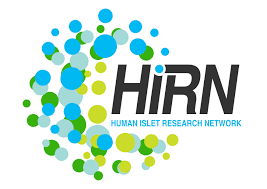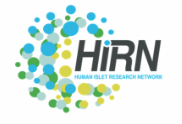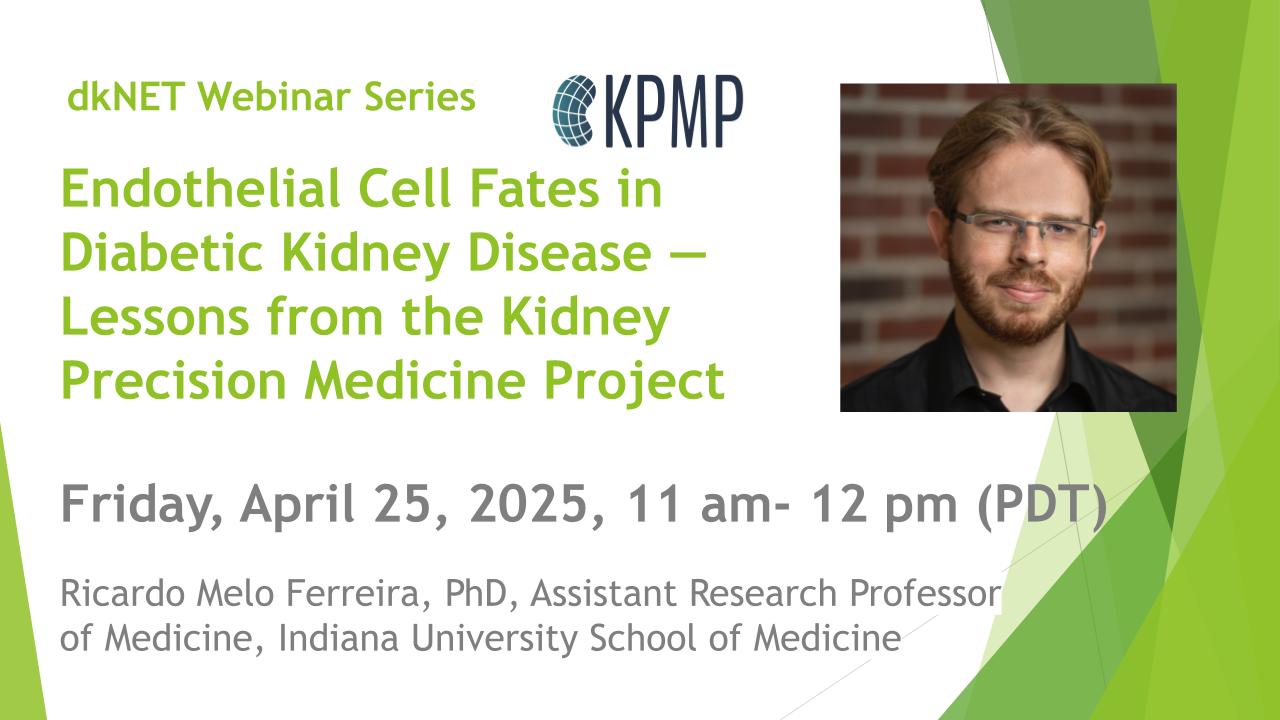Leaving Community
Are you sure you want to leave this community? Leaving the community will revoke any permissions you have been granted in this community.
NIH New Funding Opportunity: Building Sustainable Software Tools for Open Science (R03 Clinical Trial Not Allowed)
Here is the information from the NIH:
"
Building Sustainable Software Tools for Open Science (R03 Clinical Trial Not Allowed)Purpose
The purpose of this notice of funding opportunity (NOFO) is to enhance the sustainability and impact of research software tools by enabling the use of best practices and design principles in software development and by leveraging continuing advances in computing. This NOFO is also expected to facilitate the creation of vibrant partnerships between developers and users of software and tools, and to promote FAIR practices for research software to maximize research value.
Key Dates
Letter of Intent Due Date: 30 days prior to the application due dates
Application Due Date: December 4, 2024
Scope (Research Objective)
The goal of this NOFO is to enhance the sustainability and impact of research software tools, in accordance with the NIH Strategic Plan for Data Science. The program will support efforts that address robustness, sustainability, reusability, portability, and scalability of existing biomedical, clinical, behavioral, social, and health-related research software tools and workflows of recognized scientific value. It is primarily intended to provide support for research software development, with some allowance for other costs that may be required to improve tools with significant user base or demonstrate potential for community adoption. Collaborations either within or across institutions are desirable and may include industry or academic partners.
Delivering reliable, sustainable, and reusable software across multiple platforms requires a whole lifecycle approach, as illustrated with a few instances. Software development can be improved by enhancing the development process, including the addition of resources for building, testing, and managing change in an open-source community. Robustness and reliability can be improved through open-source licensing to increase community engagement for (re)usage, testing, and validation. Reusability can be enhanced by improving dissemination channels for important algorithms and tools, by publication of tools in shared container registries, and with well-crafted operating manuals. Interoperability can be enhanced by incorporating open interfaces and data formats, especially through engagement in relevant communities and standards efforts. Refactoring can enhance portability and take advantage of new hardware or compute environments).
Examples that address one or more challenges toward building robust software suitable for open science and modern computing include, but are not limited to:
- Adding application programming interfaces (APIs) and services to software, especially when compliant to community standards;
- Refactoring of software to incorporate standard interfaces and data formats, replace custom code with standard, hardened libraries;
- Refactoring software for portability and to scale efficiently on cloud or hybrid environments;
- Reducing coupling and complex shared state, allowing code to operate on diverse data sources and in collaboration with other services;
- Adopting standard input and output data formats including providing clean and well-documented input, output, and configuration that make scope software components more usable in composition via workflow languages and ensure that data exchanged by services maximizes the use of open data formats;
- Implementing standard logging models, improving performance through improved logging, monitoring, code profiling and optimization, taking advantage of parallelization, or use of graphics processing units (GPUs);
- Enhancing source code, documentation, version management and build/test tools to support community open-source development;
- Developing standard build and packaging tools to manage dependencies and produce containerized runtimes;
- Formatting packages for sharing via common package management tools appropriate to the language and environment;
- Enhancing standard unit and functional testing support and sample data sets for testing patches and upgrades;
This funding opportunity is meant to support development of robust, re-usable scientific software and tools. Data generation and data analysis projects are NOT in scope of this NOFO. "
Source and more information: https://grants.nih.gov/grants/guide/rfa-files/RFA-OD-24-010.html





